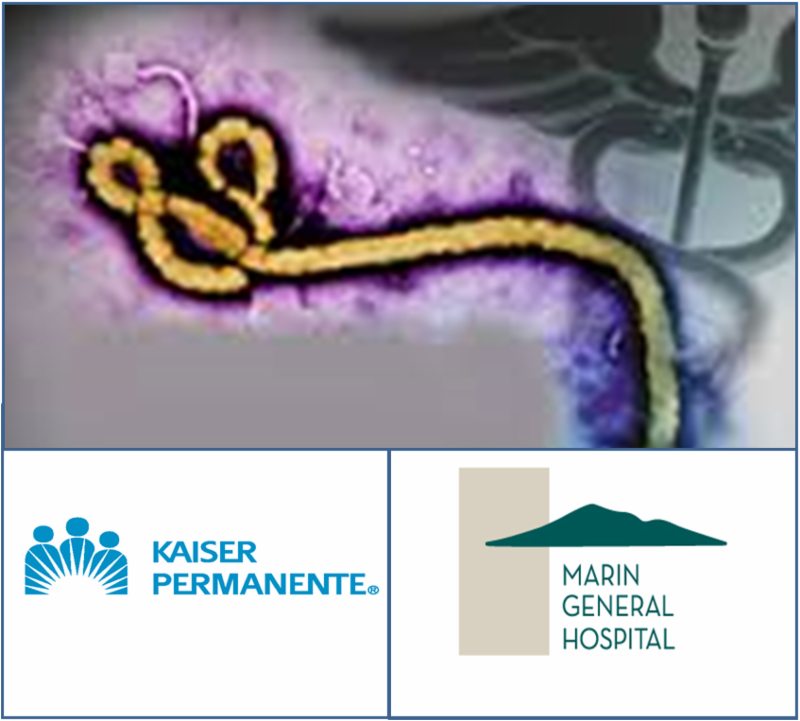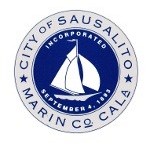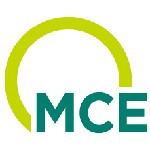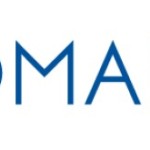Ebola Awareness & Prevention

by Patricia Kendall and Jon Friedenberg
Ebola is not new, but its presence in the United States is new. It is imperative that we not add any more lives to the count of those that have been exposed to the virus or died from it. Presently Ebola is all about prevention, identification, isolation and treatment. It is an upstream fight, galvanizing hospitals, doctor’s offices and county health departments within their organizations and as a collective to prevent future exposures.
The Economics of Ebola, like many other things in health care, are an investment that you hope to never see a direct return for the original intention. The investments we are making in education, training, process improvements and equipment related to Ebola help not only to protect and preserve a healthy community and workforce, they will bring even more return in terms of overall readiness and expertise for all aspects of infectious-disease care. Given that Medicine is the ultimate team sport, the Ebola preparation will strengthen health-care teams across all aspects of public health and most other areas of medicine.
Hospital leadership and personnel at Marin General, Novato Community, Kaiser Permanente as well as County health care and EMS staff are responding to changing recommendations from the CDC (Centers of Disease Control). Physicians and Staff are diligently practicing and drilling for the response to a patient who might present with an exposure to the Ebola virus. For their protection, as well as their patient, families and the greater community personnel are, among other things, methodically and repeatedly “donning” and “doffing” safety apparel. We have learned how critical it is to be properly dressed and even more important how to properly remove the safety attire to prevent further exposures.
It is important to know that Ebola is spread by direct contact with blood and body fluids. Ebola is not airborne. Also, those who are exposed to the virus by direct contact are not contagious until they start showing symptoms. Those who live in, work in or visit Marin need to understand Ebola is not easy to acquire. The one most important thing anyone can do is to continue to wash their hands with soap and water. An important fact to remember is that the family of the gentleman who died earlier this year in Texas was quarantined for 21 days and never contracted the disease.
It is important to understand that the most effective way to stop the spread of the Ebola virus from progressing is to combat the disease in West Africa. To that end it is being fought by local health care workers, family caregivers, and volunteers from countries outside that devastated region. Praise of health care workers and prudent public health policies must be married as America’s volunteers return home.














